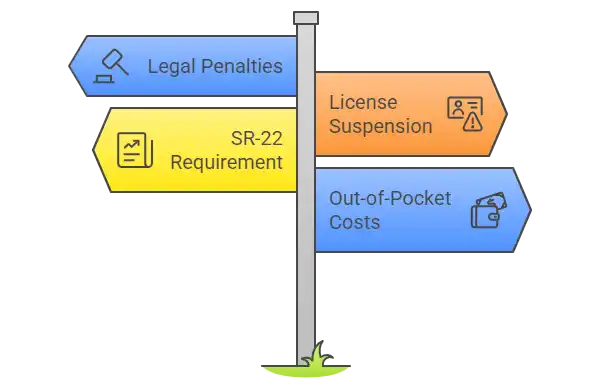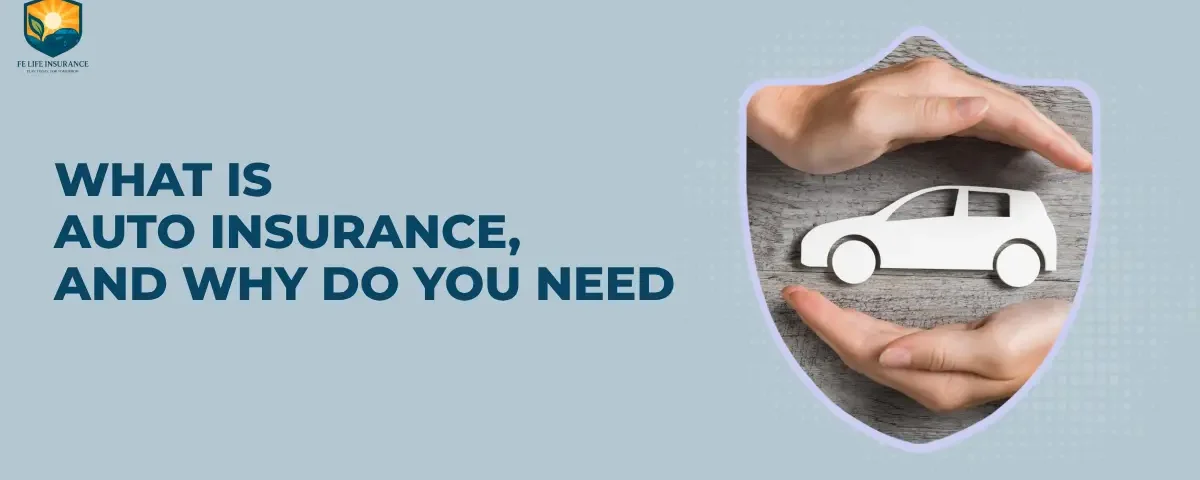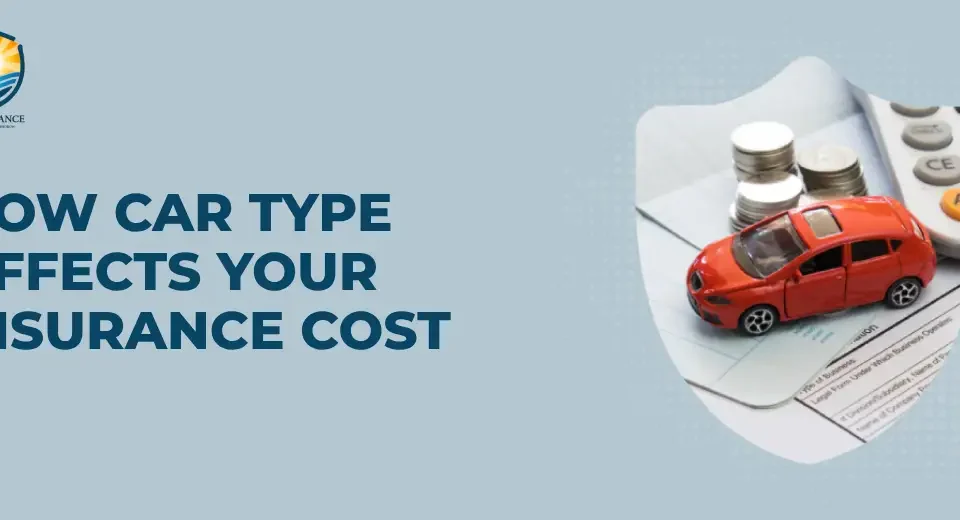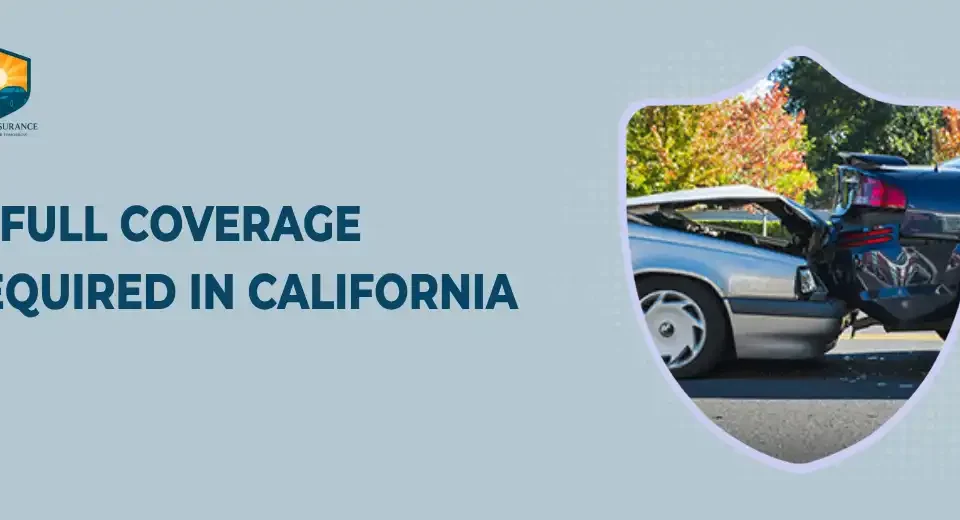What Is Auto Insurance and Why Do You Need It?

Common Mistakes People Make When Buying Funeral Insurance. [2025 Guide]
February 17, 2025
How Does Car Insurance Work in Simple Terms?
April 17, 2025Each year, over 6 million car accidents occur in the U.S., leading to significant financial and legal consequences. The right insurance coverage can help protect drivers from unexpected losses.
In 2025, rising repair costs, advanced vehicle technologies, and updated regulations have made understanding auto insurance more important than ever. This article outlines key factors to consider when choosing a policy.
Whether you’re a new driver, unsure about coverage options, or classified as high-risk, this guide is designed to help you navigate your insurance choices confidently and responsibly
What Is Auto Insurance?
Auto insurance—also known as car or vehicle insurance—is a legal agreement that provides financial protection in case of accidents, theft, or damage involving a vehicle. In most U.S. states, it’s required by law and must include minimum liability car insurance for bodily injury and property damage caused to others.
Key components of an auto insurance policy include:

- Policy: The formal agreement detailing coverage terms.
- Premium: The amount paid periodically to maintain coverage.
- Deductible: The out-of-pocket amount the policyholder pays before insurance benefits apply.
- Liability: Coverage for damages or injuries the policyholder is legally responsible for.
- Coverage: The specific protections included in the policy, such as collision or comprehensive coverage.
What are the Core Components of an Auto Insurance Policy?
Auto insurance includes several types of coverage that protect you, your vehicle, and others in different situations.
|
Coverage Type |
What It Protects |
|
Liability |
Covers others’ injuries or damage if you’re at fault. |
|
Collision |
Pays for your car’s damage from a crash. |
|
Comprehensive |
Covers non-crash damage like theft, fire, or weather. |
|
Uninsured/Underinsured |
Helps if the other driver has little or no insurance. |
|
Medical/PIP |
Covers medical bills for you and your passengers. |
Why Do You Need Auto Insurance?
Auto insurance is essential for both legal and financial reasons. It helps protect you from various risks, including accidents, theft, and even legal issues.
- Legal Requirement: Most states, including California and Texas, require minimum liability coverage by law to drive legally.
- Financial Protection: Covers expenses from accidents, lawsuits, theft, and natural disasters, saving you from major financial setbacks.
- Peace of Mind: Provides emotional and practical security knowing you’re covered in case of an unexpected event.
- Loan/Lien Requirements: If your vehicle is financed, lenders typically require you to have full coverage to protect their investment.
What Happens If You Don’t Have Auto Insurance?
Not having auto insurance can lead to serious consequences, especially in California and Texas.

- Legal Penalties: You can face fines up to $500 in California and up to $1,000 in Texas for driving without insurance. Repeated offenses can lead to higher fines and even vehicle impoundment.
- License Suspension: Both states may suspend your license if you are caught driving uninsured.
- SR-22 Requirement: After an incident, you may be required to prove you have insurance with an SR-22 form, which can raise your premiums.
- Out-of-Pocket Costs: Without insurance, you’ll have to pay for any damages or medical costs from an accident yourself.
How Much Auto Insurance Do You Need?
The amount of auto insurance you need depends on various factors, including where you live, the age of your vehicle, and your financial situation.
Decision-Making Checklist:
- Location: Check state requirements for minimum coverage. For example, auto insurance in California and Texas has different minimum liability limits.
- Vehicle Age/Value: Older cars may not need comprehensive or collision coverage, while newer cars often benefit from full coverage.
- Personal Finances: If you’re financially stable, you might opt for higher coverage, but if you’re on a budget, you can stick to minimum state requirements.
Use this simple flow to help you decide:
- Step 1: Check State Minimums → Make sure you meet your state’s legal requirements.
- Step 2: Assess Vehicle Value → Older cars may need less coverage; newer ones, more.
- Step 3: Evaluate Financial Situation → Higher coverage provides more protection but comes at a higher premium.
Who Should Especially Have Full Coverage?
Full coverage auto insurance offers broader protection, making it essential for certain drivers and situations.
- New Car Owners: If your car is new or has a high market value, full coverage helps protect your investment in case of an accident, theft, or damage.
- Leaseholders: If you’re leasing a car, the leasing company usually requires full coverage to ensure their asset is protected.
- High-Crime or Natural Disaster Zones: In areas with high theft rates or frequent natural disasters, full coverage (including comprehensive insurance) can protect against vandalism, weather damage, and theft.
- Teen or High-Risk Drivers: Younger drivers or those with poor driving histories may benefit from full coverage as it provides additional financial security, especially with the higher risk of accidents.
Frequently Asked Questions
Do I need auto insurance if I don’t drive often?
Yes, if you own a car, most states require you to maintain at least minimum coverage, even if you don’t drive regularly.
Can I be added to someone else’s insurance policy?
Yes, if you live at the same address and are a regular driver of their vehicle, many insurers allow this.
What does auto insurance not cover?
Standard policies typically exclude coverage for mechanical breakdowns, wear and tear, and personal belongings left in the car.
Can I pause my auto insurance if I’m not driving?
Some insurers allow you to temporarily reduce or pause coverage, but this depends on your insurer and state laws.
Do I need insurance if I don’t own a car?
If you don’t own a car but occasionally drive others’ vehicles, non-owner car insurance can provide liability coverage.
Conclusion
Having the right auto insurance ensures you’re protected financially and legally, whether you’re driving regularly or not. It offers peace of mind, knowing you’re covered for accidents, theft, and unexpected events.
Want to dive deeper into what each type of coverage includes? Learn more about the different types of auto insurance.
To explore the best coverage options for your needs, fill out the form to get a quick quote and make an informed decision today.




